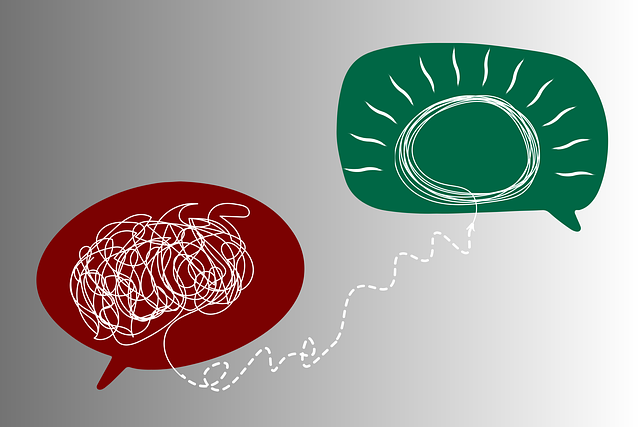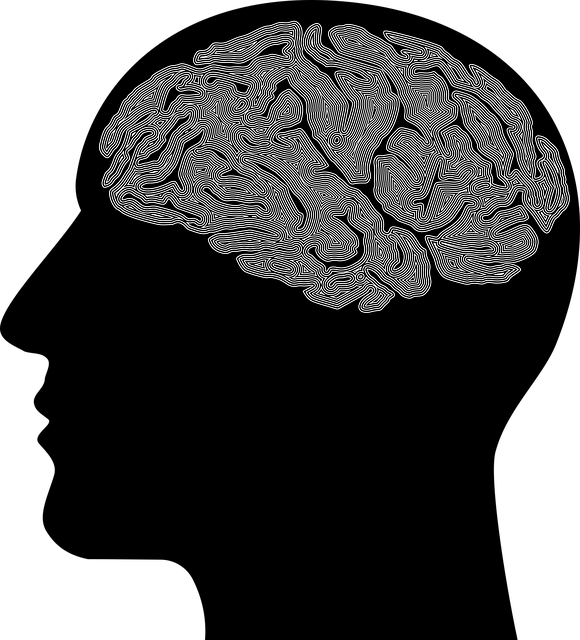Louisville residents on the Autism Spectrum Disorder (ASD) face unique challenges accessing trauma support, but specialized therapy offers a solution. Trained therapists employ evidence-based practices like CBT and EMDR to help process traumatic events and build resilience. Local organizations, through programs focused on self-awareness and social skills, create a supportive network for individuals with ASD, empowering them to manage mental health issues and recover from past traumas. Louisville's commitment to Louisville Autism Spectrum Disorder therapy ensures access to resources that foster wellness and a brighter future.
Louisville, known for its vibrant community, hosts a diverse population, including individuals on the Autism Spectrum Disorder (ASD) spectrum. This article explores the critical role of therapy in trauma support for ASD folks, a crucial aspect often overlooked. We delve into how Louisville’s resources, specifically tailored for ASD therapy, can help navigate and heal from traumatic experiences. Understanding these services is essential for fostering an inclusive and supportive environment for those navigating ASD and trauma together.
- Understanding Louisville's Autism Spectrum Disorder (ASD) Community
- The Role of Therapy in Trauma Support for ASD Individuals
- Accessing and Optimizing Trauma-Informed Services in Louisville
Understanding Louisville's Autism Spectrum Disorder (ASD) Community

Louisville’s community of individuals on the Autism Spectrum Disorder (ASD) presents unique challenges and opportunities in accessing trauma support services. Understanding this community involves recognizing their diverse needs and strengths, which can vary greatly from person to person. Many in Louisville with ASD may require specialized therapy tailored to address both general autism-related concerns and specific traumatic experiences they may have encountered.
The provision of effective support requires a nuanced approach that fosters positive thinking and empowers individuals with ASD to navigate life’s complexities. Healthcare providers play a crucial role in offering burnout prevention strategies, which are essential for maintaining the well-being of both caregivers and those on the spectrum. Crisis intervention guidance should also be readily available to address acute situations and connect individuals and their families to suitable resources within the Louisville community.
The Role of Therapy in Trauma Support for ASD Individuals

Therapy plays a pivotal role in trauma support for individuals on the Louisville Autism Spectrum Disorder (ASD) spectrum. It offers a safe and structured environment where they can process their experiences, emotions, and triggers related to traumatic events. Trained therapists utilize evidence-based practices tailored to ASD individuals, focusing on enhancing self-awareness exercises to help them understand and manage their emotional responses. Techniques like cognitive behavioral therapy (CBT) and eye movement desensitization and reprocessing (EMDR) are particularly effective in addressing trauma while fostering resilience.
Through therapy, ASD individuals can develop coping strategies for anxiety, depression, and other mental health challenges often associated with trauma. Compassion cultivation practices, a key component of some therapeutic approaches, teach them to recognize and accept their emotions without judgment. Moreover, community outreach program implementation within these therapies ensures that support networks are in place, offering continuous care and understanding beyond individual sessions.
Accessing and Optimizing Trauma-Informed Services in Louisville

In Louisville, accessing trauma-informed services is a crucial step for individuals dealing with conditions like Autism Spectrum Disorder (ASD). Many local organizations offer specialized therapy tailored to address the unique challenges faced by those on the spectrum who have experienced trauma. These services are designed to foster self-awareness exercises and social skills training, essential components in enhancing mental wellness.
Optimizing these trauma-informed approaches requires a holistic understanding of each individual’s needs. By integrating evidence-based practices, therapists can create safe spaces that encourage expression and healing. This includes utilizing various therapeutic techniques such as cognitive behavioral therapy (CBT) and eye movement desensitization and reprocessing (EMDR), which have shown significant effectiveness in treating trauma, particularly within the ASD community. Louisville’s vibrant network of support services ensures individuals with ASD have access to resources that promote not just recovery from past traumas but also foster resilience for a brighter future.
Louisville’s approach to trauma support for individuals on the Autism Spectrum Disorder (ASD) is evolving, with a growing recognition of the unique challenges they face. By implementing trauma-informed services and optimizing access to specialized therapy, the city aims to create a more inclusive and supportive environment. This holistic effort, focused on both community understanding and accessible resources, such as Louisville autism spectrum disorder therapy, holds promise for enhancing the well-being and resilience of ASD individuals who have experienced trauma.









